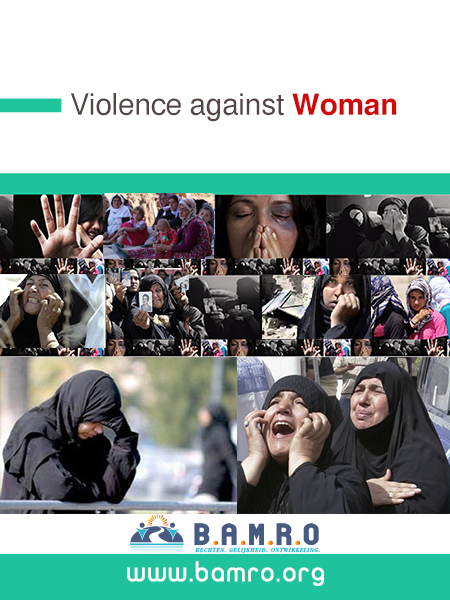Vote
-
For further training via the Zoom program or at our office? ?
Register a
Violation
We you
Contact youS.O.S.
0032 02 7322568
Civil and political rights
Civil and political rights
Civil and political rights are a class of rights that protect individuals' freedom from infringement by governments, social organizations, and private individuals. They ensure one's entitlement to participate in the civil and political life of society and the state without discrimination or repression.
Civil rights include the ensuring of peoples' physical and mental integrity, life, and safety; protection from discrimination on grounds such as race, gender, sexual orientation, gender identity, national origin, color, age
The phrase "Rights for Civil" is a translation of Latin jus civis (rights of a citizen). Roman citizens could be either free (libertas) or servile (servitus), but they all had rights in law. After the Edict of Milan in 313, these rights included the freedom of religion; however in 380, the Edict of Thessalonica required all subjects of the Roman Empire to profess Catholic Christianity. Roman legal doctrine was lost during the Middle Ages, but claims of universal rights could still be made based on Christian doctrine. According to the leaders of
T. H. Marshall notes that civil rights were among the first to be recognized and codified, followed later by political rights and still later by social rights. In many countries, they are constitutional rights and are included in a bill of rights or similar document. They are also defined in international human rights instruments, such as the 1948 Universal Declaration of Human Rights and the 1966 International Covenant on Civil and Political Rights.
Listings
- 1
- 2
- 3
- 4
- 5









